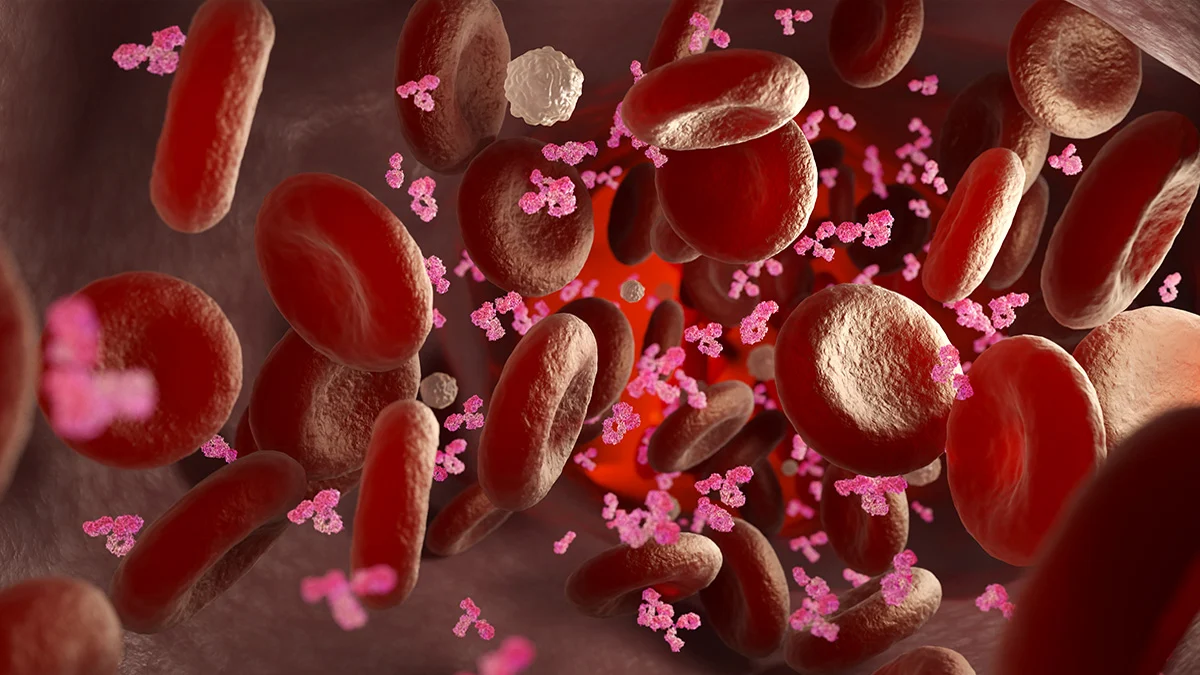SARS CoV-2 is the virus responsible for COVID-19 disease. It is highly infectious and is spreading fast, currently at pandemic proportions, with more than 25 million people infected globally and over 850,000 deaths.1 The infection can be asymptomatic or symptomatic with variable severity: patients could initially present without cough or radiologic abnormalities; display mild cough and fever; or develop a more severe form of the disease that leads to bilateral pneumonia and sometimes to death.2 To overcome the challenges of these non-specific symptoms, in addition to the clinical picture and chest computer tomography (CT) scan images, laboratory parameters should be considered to inform the clinical decision. COVID-19 diagnosis relies heavily on laboratory tests, mainly on nucleic acid detection of the SARS CoV-2 virus in respiratory secretions of the infected patients, using a Reverse Transcriptase-Polymerase Chain Reaction (RT-PCR) test.3
In this article, we will discuss how antibody detection could contribute significantly to increasing diagnosis accuracy of recent or prior COVID-19 infections in both symptomatic and asymptomatic patients, in addition to antigen (virus or specific viral proteins) detection.
References
1. https://coronavirus.jhu.edu/map.html Accessed on September 2, 2020.
2. Dahlke et al., Distinct early IgA profile may determine severity of COVID-19 symptoms: an immunological case series, medRxiv preprint doi: https://doi.org/10.1101/2020.04.14.20059733
3. Touma, M. COVID-19: molecular diagnostics overview. J Mol Med (2020).

